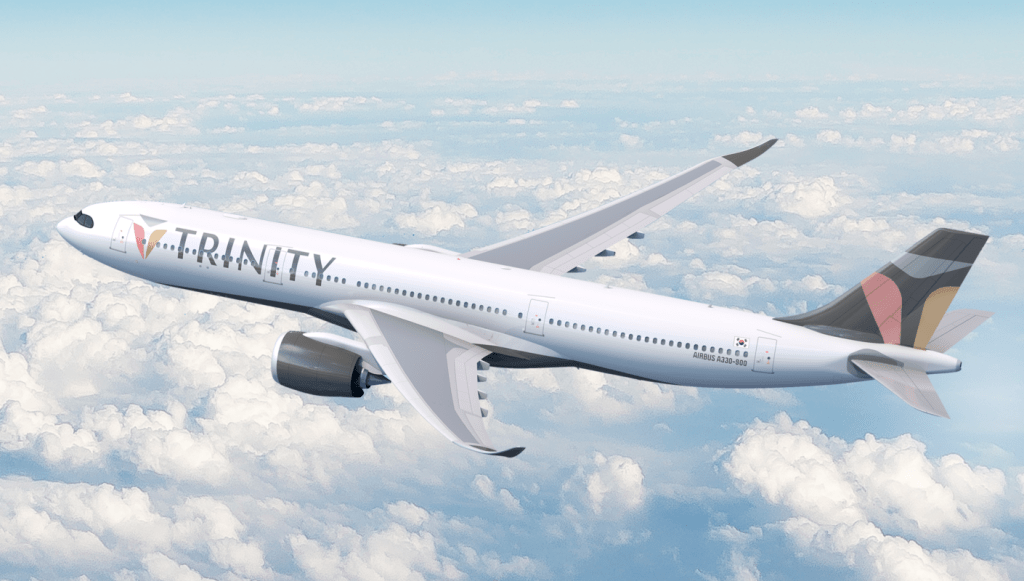From Cheap Flights to Cool Lifestyle: How a Korean Hotel Powerhouse is Reinventing Travel

T'way Air, a prominent low-cost carrier in South Korea, is undergoing a transformative rebranding as it joins forces with the Sono Hospitality Group. This strategic partnership signals a significant shift in the airline's corporate identity and future direction.
The collaboration promises to bring fresh perspectives and innovative approaches to T'way Air's operations, potentially expanding its service offerings and market positioning. By aligning with the Sono Hospitality Group, the airline aims to leverage new opportunities and enhance its competitive edge in the increasingly dynamic aviation industry.
While specific details of the rebranding and future plans remain under wraps, industry observers are keenly watching this development. The partnership suggests a potential broadening of the airline's strategic vision, possibly integrating hospitality-focused services and experiences into its core business model.
This move reflects the ongoing evolution of low-cost carriers in Asia, who are continuously seeking innovative ways to differentiate themselves and provide added value to passengers. T'way Air's new chapter with the Sono Hospitality Group could mark an exciting turning point in its corporate journey.








